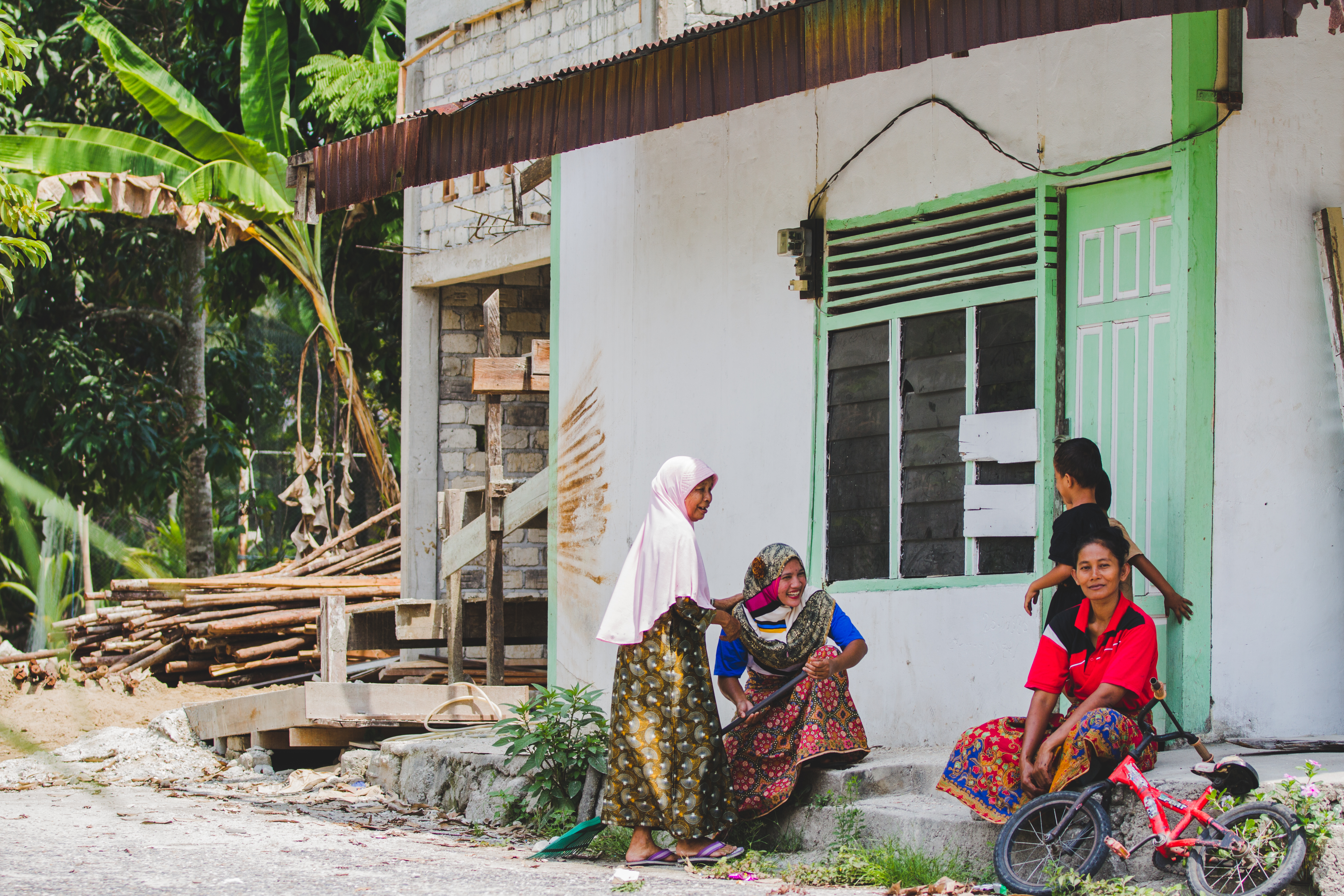How should we plan collaboration differently between countries?
Effective Collaborative Action Custom-Built for Indonesia
February 24, 2023

Effective Collaborative Action (ECA) is at the core of UNDP’s approach to food and agricultural commodity system transformation. Systems change of the scale required to protect people and planet will take enormous collaborative effort. Based on more than a decade’s experience of working on 8 commodities in 12 countries, UNDP’s Changing Systems through Collaborative Action approach has evolved into a holistic methodology covering the why, who and what of systems change – Deep Collaboration, in short.
The ECA team – part of UNDP’s Food and Agricultural Commodity Systems (FACS) practice – is working to spread the message globally, but just as important is their work to get Effective Collaborative Action specially tailored to fit specific country and food and commodity systems needs. Already we are supporting this Deep Collaboration work in Peru, Paraguay, Indonesia, Liberia, Côte d’Ivoire and Mongolia, and will extend to Brazil, Ghana and Malaysia in 2023.
A good case study on how to get ECA custom-built to its local context is Indonesia, where UNDP has been working on improving the sustainability of palm oil production since 2014. The country now has a National Action Plan on Sustainable Palm Oil (NAP-SPO) which passed into law in 2019, and Effective Collaborative Action will be central to the implementation of the plan.
Experience shows that even the most well-structured training on systems thinking will be ineffective without parallel opportunities for practical implementation. Therefore the ECA plan for Indonesia is based on “learning by doing” – placing stakeholders into situations where they will be working in a system and so start to think like a system. These concepts underpin the planning for a four-day multi-stakeholder workshop in early 2023, which is intended to strengthen collaboration and systems change for the implementation of the National Action Plan on Sustainable Palm Oil by supporting key stakeholders in building their capacities and skills on collaboration and systems leadership. This will help them plan and agree on the critical actions they need to take in order to move the execution of the National Action Plan forward.
The workshop will also be a valuable test bed for articulating how ECA is applied holistically in an Indonesian, commodity based context.
ECA Training and Learning Advisor Maria Soledad Riestra commented:
“We are custom-fitting ECA for the Indonesian palm oil sustainable production context by engaging in co-design with colleagues there. The ECA approach involves 4 Building Blocks, which are usually easily understood as the phases of a process, and 4 Essential Practices which are key threads where collaboration sometimes can get stuck. These Essential Practices include working with power; working through conflict; building systems leadership; and effective communication. All of these have geographically and culturally specific elements which we are looking at carefully to fit to the Indonesian way of doing things.”
A key learning from this practical use of Effective Collaborative Action is that Deep Collaboration is something that does not happen overnight:
“Building trust takes time, especially when some participants are new to the process. We have found that if you have regular, carefully facilitated discussions with a learning-by-doing foundation, the small achievements build on each other into a much bigger – and more effective – collaborative culture. The penetration of ECA is incremental and will increase over time”Maria Soledad Riestra, ECA Training and Learning Advisor
Also, when it comes to systems change and deep collaboration, avoiding jargon is essential:
“We say OK, let's understand who needs to be trained. That means we do a stakeholder analysis but we may not call it that to save spooking anyone. Instead of saying let's do a power analysis, we say how about if we identify the people that will be most influential and you want to bring to the discussion. Keeping the language clear and simple is essential”
Lastly, whilst the specific requirements of Effective Collaborative Action for sustainable palm oil in Indonesia will become clearer as the co-creative process continues, it has become evident that cultural awareness is crucial to a successful localisation of ECA, as each country has its own context that may be more or less conducive towards multi-stakeholder collaboration. The important conclusion is that one should not expect a single version of the ECA methodology to work in every location on the globe. Custom-fitting the ECA Building Blocks and Essential Practices to specific country needs is essential, and the ECA work on sustainable palm oil in Indonesia is blazing a trail for that.

 Locations
Locations



